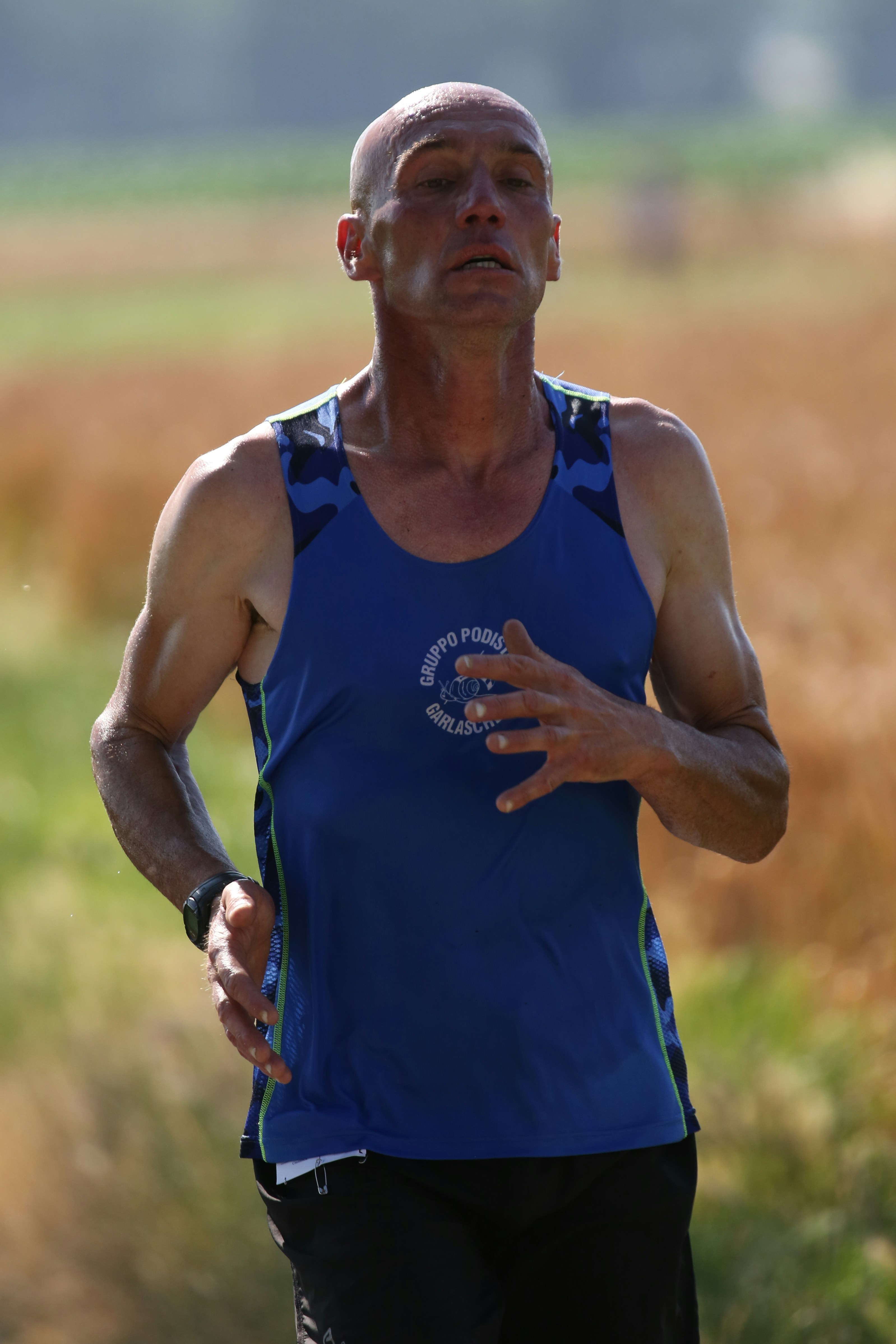Ready to Publish
Ready to Publish
Publish Date
Jun 28, 2021
Slug
grunt
Excerpt
Related Posts
Featured
Featured
External Link
Extra Info
Status
Scheduled
:Source URL
bear://x-callback-url/open-note?id=930C4EB6-0AD6-4232-B16B-C11893BFCFAA-2286-00003D79BF7CA564
:Priority
Authors
“Change can only be proportionate to the amount of force which is put into it”
John G Bennett
Inbox
- [[Work and paying the price of our becoming (via practice)]]
- We live in a culture where pleasure, ease and convenience are the values we live by and aspire to.
- But those values only take us so far. And it’s not far. Ref [[The Red Pill Path vs the Blue Pill Path]]
- Because we also aspire to freedom and meaning and those values can only be earned through
- ::Sacrifice and suffering is essential price that this competency-hero pays::
- Recent reflection of [[Forbearance]] as a reflection of the [[Competency: Fitness, strength, skilfulness & capability]] of the Grunt puts the “byline” of this competency as “Effort and Practice” into question.
- It seems like it might just be a synonym of “wilfulness”
- “Competencies” might be a better word as it is broader in meaning.
Competency means "capability”; the ability to do something well or effectively
Introduction
- This is equivalent to the [[Viegram 🔘/4. Action]]
Reference
- [[Sacrifice 🔘 is an essential part of life]]
Meaningful Practice?
Discipline & Will
L1
- Striving. Effort-struggle
- I-Will
- The necessary sacrifice that pays the price for who I want to become
- Effort has the notion of a transaction. This is (one of) the essential transaction(s) of transformation.
- Get into action
- Accepting discomfort
- Perseverance
- Courage
- Moving through discomfort *
L2
- Practice
Circles in time conversation about the importance of grunt
I'm really curious about conscientiousness and associated concepts like self-discipline or any expression of will-power. In my own mental models of what I call self authorship (which to my mind is just "practice" writ large) I believe that wilfulness is one of the fundamental competencies thereof.
I also believe that like any competency it can be developed with practice (the other meaning of practice). Like any muscle it can be developed, and using exactly the same dynamical system "physics". I don't think there are any inherent limitations to one's wilfulness (of course unless you say so, but why would you limit yourself).
I believe there is a fundamental rule of behaviour change as it relates to this particular competency and that is a corollary of Newton's third law which is that change can only be proportionate to the amount of force which is put into it. Like the development of muscle it requires effort, sacrifice and suffering. If you want something then you need to be willing to pay the price it requires to get there.
This is why I fundamentally disagree with the premise of Fogg's "Tiny habits" or Wood's "forget willpower". If the effort you are prepared to make is only tiny then hey, guess what, all you're going to get is a tiny outcome. And sure there are things we can do to reduce friction and increase accessibility, and of course we should, and wilfulness by itself is not sufficient to intentional behaviour change, but in life there's no such thing as a free lunch.
This is where performance athletes have much more to teach us than behavioural scientists. Scientists as a whole tend to rate low on the conscientiousness scale of the OCEAN Big Five, so we need to look elsewhere for role models and new mental models. Check out a guy like David Goggins as a man who exemplifies questioning the limits of the development of wilfulness.



